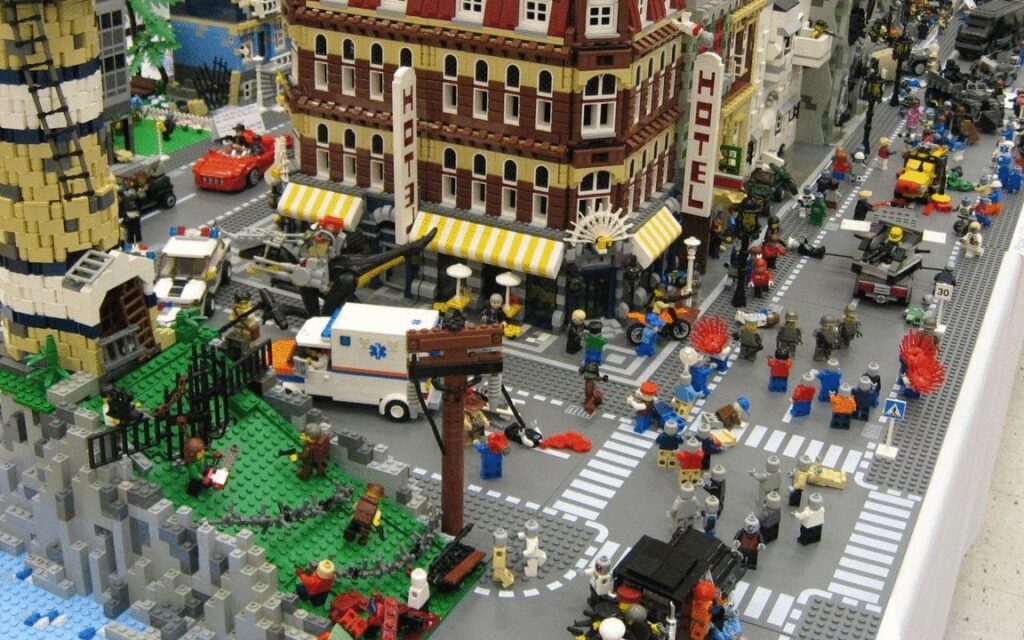Originally published on LinkedIn in March 2018.

The blowing of horns. The squeal of break pads and rubber. Alarms set off – accidentally, of course. Sunlight crawls between the blinds, infiltrating the darkness. Spot and Pepper crashing into my face, demanding cuddles. A very groggy Ilya arises, awoken by a thousand sounds produced by an industrious and busy world.
We live on a main artery road in Sydney’s Inner West district, and as government, planning regulations, and politics have changed, so too has the Inner West. More cars. More traffic. Stranger parking rules. More. Noise. Our flatmate perseveres through it all. And we ask ourselves, dangerously pre-coffee: what is with the 9-5 life?
Historically, this is a blip, a dust mote in the eye of humanity. But it has become the prevailing model – the one by which we structure our lives and ways of living. It makes me wonder if enough of us stop and ask: is this the right way to live? Should we consider alternative ways of working?
Not everyone has a family. Or is a morning person. Or owns a car. Or lives near a mode of public transport. Even if one did find themselves near, let’s say for example – a train station – the topic of sustainability would eventually rear it’s impish face.
Sydney has infamously had transport infrastructure problems. Not enough staff. Trains running late, or at capacity. Too many people scrambling to get onto the same mode of transport, at the same time, in their dresses and suits, with makeup, cologne, perfume, and minds loaded with anxieties and stresses. A collection of pressurised worries, all gathered together to be at work by 8 or 9, have lunch by 12 or 1, and be on a train home by 4 or 5.
At least we have unions. And weekends. And labour laws. And a smorgasbord of other perks. Is it enough?
Socrates encouraged willing listeners to regularly ask themselves: what is the good life?
Consider:
A few years ago, Commonwealth Bank nearly moved a considerable portion of its workforce to Parramatta. And in the 11th hour, reneged, and instead, developed an office space in Darling Harbour. The area is undeniably beautiful. But it’s a bit of a walk from Town Hall Station. Along sidewalks that were not designed to contain hundreds, if not thousands of people along its narrow walkway. The light rail (currently Sydney’s only tram network – which consists of one line) network stops at Darling Harbour. But if you don’t live in the Inner West, where it runs, it’s a moot point.
Consider:
An increasing number of Sydney’s population travels into the city from the Outer West – some as far west as Penrith, if not further. Many also travel from regional cities – Wollongong and Gosford.
Consider:
Many companies consider it important to be placed in the ‘heart’ of Sydney, the CBD (Central Business District). A rolley-polley set of upturned spoons. Where almost no one but the astronomically wealthy live. Yet there is a prestige factor involved, in being in Surry Hills, the CBD, Ultimo, Pyrmont, Darlinghurst. A thousand or more businesses, cramming in several million people. And all those employees travelling along the same transportation network. At the same time. Five days a week.
Consider: Sydney is a terrifically green city, but it gets greener the further out one goes. Psychologists have long advocated for and highlighted the benefits of having time to sit and enjoy peace and quiet in nature.
And yet. And yet and yet and yet.
I wrote all of the above on a bench at Hoskins Park, surrounded by trees and grass, sipping a coffee purchased at my local cafe, in my usual gear of sandals, cargo shorts, and a comfortable and branding-free t-shirt. In peace and quiet. While having time to think. And contemplate. To string ideas and words together.
What is the good life?
Do you ever stop to think about it? Or are you too busy? Are you always doing something instead of stopping to do nothing?
Consider the words of writer Neil Gaiman:
“I think it’s about where ideas come from, they come from day dreaming, from drifting, that moment when you’re just sitting there…The trouble with these days is that it’s really hard to get bored. I have 2.4 million people on Twitter who will entertain me at any moment…it’s really hard to get bored. I’m much better at putting my phone away, going for boring walks, actually trying to find the space to get bored in. That’s what I’ve started saying to people who say ‘I want to be a writer,” I say ‘great, get bored.’”
Implicit in this statement: take time for yourself. Take time to ask the really important question:
What is the good life?
We should not accept the 9-5 routine. The dehumanising stresses of our modern work structure. Employers, companies, organisations, I ask of you: consider alternatives. Consider other ways of doing things. For everyone’s sake. We’ll be better off in the long run. I promise.

